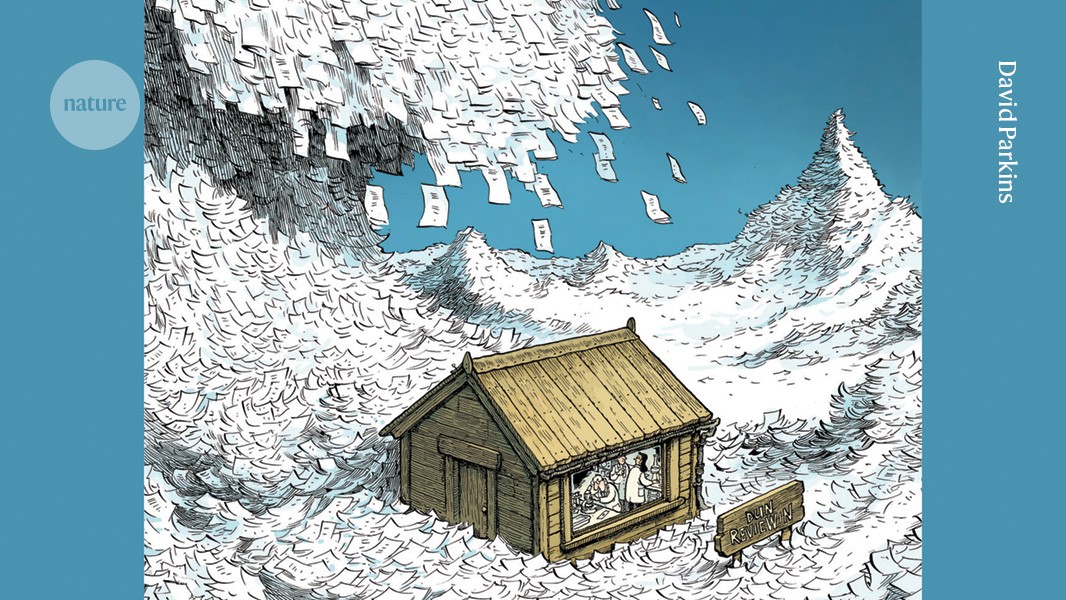
"The burden on scientists grading proposals has increased due to a surge in requests for observation time with MUSE at the Very Large Telescope."
"Scientific funding bodies like ESO are increasingly returning the responsibility of reviewing applications to the applicants themselves."
"The peer review process has faced criticism for low-quality research and inefficiencies that hinder the funding of innovative ideas."
"There is a rising dissatisfaction with peer review, evidenced by an increase in error-riddled research flooding journals."
MUSE, attached to the Very Large Telescope, is facing a surge in observation time requests, resulting in more than 3,000 hours applied for. The European Southern Observatory is shifting the burden of reviewing applications back to the applicants due to overwhelming workloads. The peer review system struggles with increasing numbers of scholarly papers, leading to complaints about quality and inefficiencies. Critics argue that this system has long been prone to bias and gatekeeping, with dissatisfaction growing among researchers as low-quality studies are published.
Read at Nature
Unable to calculate read time
Collection
[
|
...
]